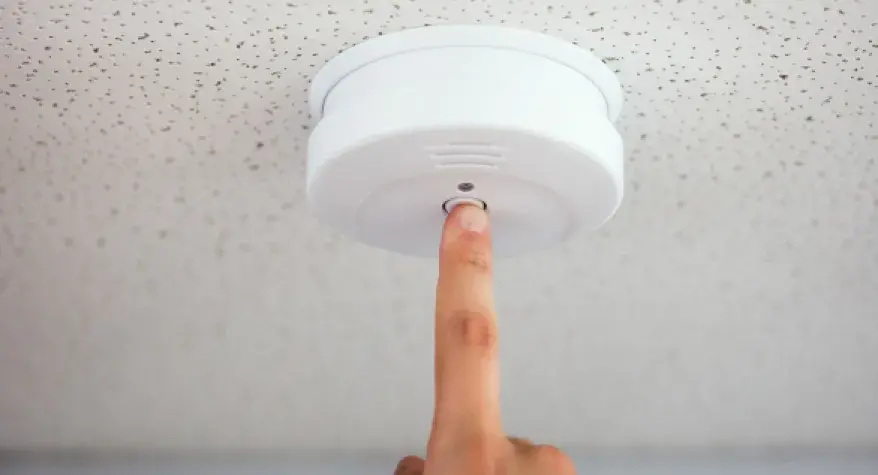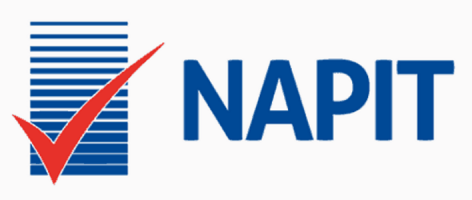Smoke alarms are a critical component of your Staines home's safety measures, providing early warning in the event of a fire. However, like all safety devices, smoke alarms have a lifespan and need regular maintenance to ensure they function correctly. An outdated or malfunctioning smoke alarm can pose significant risks—not only to your safety but also to your home insurance coverage.
The Dangers of Outdated Smoke Alarms
Delayed Fire Detection
Over time, smoke alarms can become less sensitive due to dust accumulation, battery degradation, or simply the aging of the sensor components. This can lead to delayed detection of smoke and fire, reducing the time you have to evacuate your Staines home safely. In the worst-case scenario, an outdated alarm might fail to go off entirely, leaving you unaware of a potentially deadly situation.
False Sense of Security
Many homeowners assume that because they have a smoke alarm installed, they are adequately protected. However, if that smoke alarm is outdated, it may not provide the level of protection you believe it does. This false sense of security can lead to complacency, delaying necessary replacements or upgrades.
Increased Fire Damage
The primary purpose of a smoke alarm is to alert you to a fire in its early stages. When alarms fail to do so, fires can spread more rapidly, leading to greater property damage. This not only puts lives at risk but also results in more significant financial losses.
The Impact on Home Insurance
Claim Denials or Reductions
Many home insurance policies include clauses requiring that homes be equipped with functioning smoke alarms. If a fire occurs and it is found that your smoke alarms were outdated or non-functional, your insurance provider may deny your claim or reduce the payout. This is because an outdated smoke alarm may be considered a form of negligence, which can void parts of your policy.
Higher Premiums
Some insurance companies may increase your premiums if they discover that your Staines home’s safety measures are not up to date. Ensuring that your smoke alarms are functional and compliant with current regulations can help you maintain lower premiums and stay in good standing with your insurer.
Legal Implications
In some jurisdictions, having functioning smoke alarms is not just a recommendation but a legal requirement. Failing to maintain them could not only affect your insurance but also expose you to legal penalties. This could further complicate your situation in the event of a fire-related claim.
Ensuring Your Smoke Alarms Are Up to Date
Regular Testing and Maintenance
Test your smoke alarms monthly to ensure they are working correctly. Replace batteries at least once a year, or as recommended by the manufacturer. Clean your alarms to remove dust and debris that could interfere with their operation.
Know When to Replace
Most smoke alarms have a lifespan of 8 to 10 years. After this period, the sensors inside can become less effective, even if the alarm still seems to work. Check the date of manufacture on your smoke alarms and replace them when they reach the end of their lifespan.
Consider Upgrading
Technology has advanced, and modern smoke alarms offer features such as dual-sensor detection, carbon monoxide monitoring, and smart home integration. Upgrading to newer models can enhance your safety and potentially lower your insurance premiums.
Conclusion
Outdated smoke alarms pose serious risks to both your safety and your financial security. By keeping your smoke alarms up to date, you not only protect your home and loved ones but also ensure that your home insurance remains valid and effective. Regular maintenance, timely replacements, and staying informed about your insurance policy's requirements are all key steps in safeguarding your home.
Contact Tungsten Services if you would like to learn more about smoke alarm installation.





